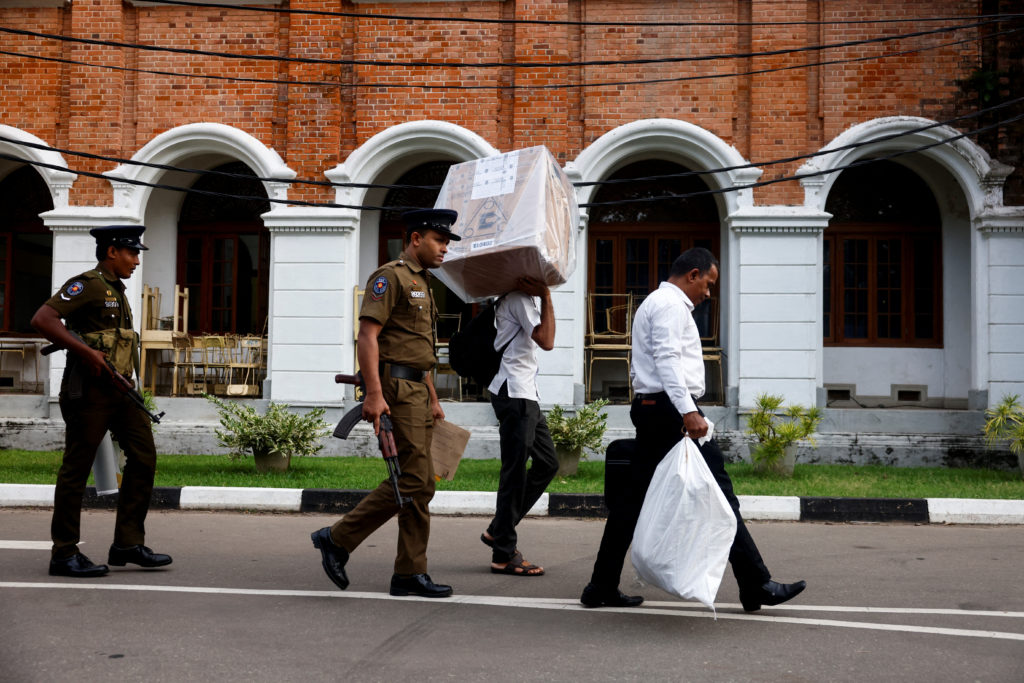Voting for Sri Lanka’s parliamentary election commenced on Thursday, aiming to elect 225 members to the Parliament. President Anura Kumara Dissanyake is vying for a majority to lead the nation, which is grappling with the effects of a sovereign debt default, amidst calls for a new political culture focused on eliminating corruption and mismanagement of public funds.
This election serves as a crucial test for the ruling National People’s Power party, headed by President Dissanyake. Competing parties include the Samagi Jana Sandanaya, led by Sajith Premadasa, the Sri Lanka Podujana Party associated with former President Mahinda Rajapaksa, the New Democratic Front consisting of breakaway legislators supporting former President Ranil Wickremesinghe, and various minority parties from the North.
Notably, Ranil Wickremesinghe, who lost to Dissanyake in last month’s presidential election, is not contesting in this parliamentary election for the first time since 1977. The Rajapaksa brothers—Mahinda, Gotabaya, Chamal, and Basil—will also not be participating, marking a significant shift after decades of representation. Many former ministers and deputies from the previous administration have chosen to sit out this election.
President Dissanyake, elected on September 21, is advocating for a strong parliamentary mandate to combat corruption and hold accountable past leaders found guilty of misusing public funds. The election process involves selecting 196 members through voting in 22 electoral districts, while 29 members will be chosen via a national list based on the total votes received by political parties and independent groups.
Voting began at 7 a.m. local time and will continue until 4 p.m., with over 17.1 million eligible voters. The newly elected Parliament is set to convene on November 21, and election officials anticipate that the results will be announced by November 15, provided the counting proceeds smoothly. This election is significant as it is the first since Sri Lanka faced an economic crisis that led to a sovereign default in April 2022, following widespread protests and the resignation of then-President Gotabaya Rajapaksa.
